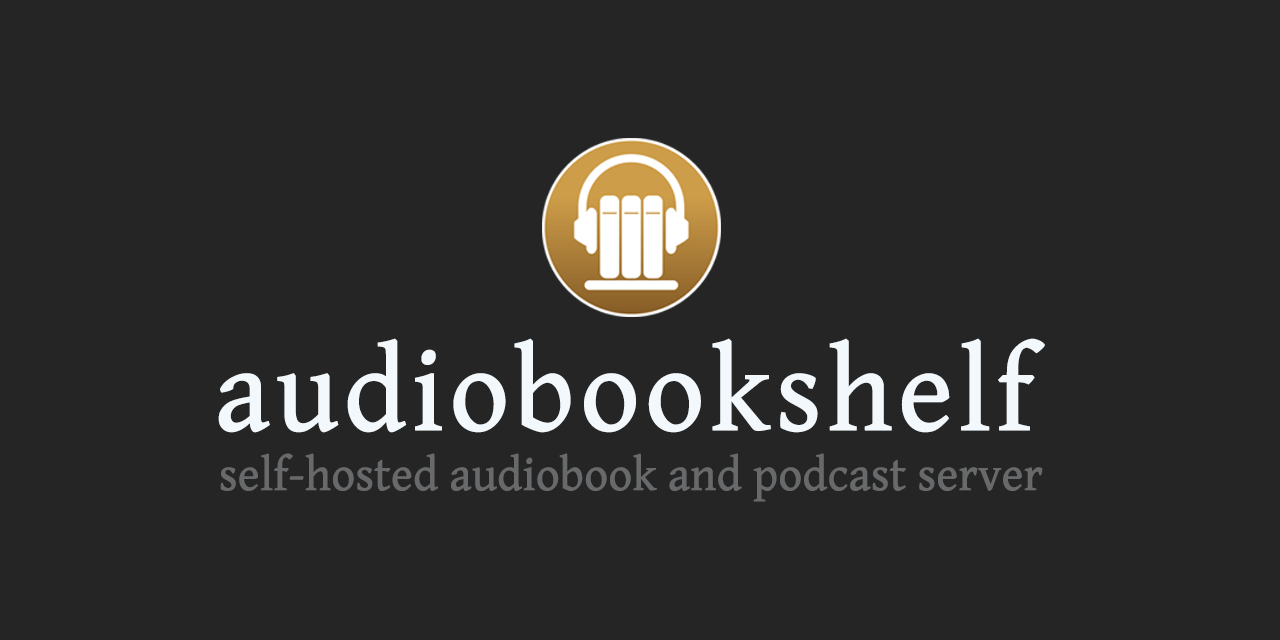Audiobookshelf Setup & Secure Online Access

Summary
To expand our home server’s functionality, we recently installed Audiobookshelf, a self-hosted audiobook and podcast manager with a clean interface, multi-user support, and full playback tracking.
While installing the container was easy, getting it securely online took a bit of configuration work. This post documents what we did — and what we plan to do next.
How We Installed It
We launched the container using:
docker run -d \
--name audiobookshelf \
-e PUBLIC_URL=https://[your-subdomain] \
-v /mnt/Crucial1TB/audiobooks:/audiobooks \
-v /mnt/Crucial1TB/abs-config:/config \
-p 13378:80 \
ghcr.io/advplyr/audiobookshelf
/mnt/Crucial1TB/audiobooksholds our audiobook collection/mnt/Crucial1TB/abs-configstores persistent settings
Once up and running, Audiobookshelf was accessible internally at:
http://localhost:13378
Making It Public
To access Audiobookshelf from outside the network, we routed it through an existing Cloudflare Tunnel, mapping a subdomain to port 13378.
Steps:
- Created a DNS CNAME record for the subdomain pointing to the tunnel.
- Configured the tunnel to proxy local traffic to
localhost:13378. - Verified HTTPS and secure connection were active by default through Cloudflare.
No port forwarding. No public IP exposure.
Planned Security: Caddy Basic Auth
Right now, access is only protected by Audiobookshelf’s internal login — but we plan to add a Caddy reverse proxy with Basic Auth in front of the service.
This will:
- Block unauthenticated requests before they even reach Audiobookshelf.
- Prevent bots or scanners from accessing the login screen.
We’ll generate a secure password hash using Caddy’s CLI:
caddy hash-password --plaintext "yourpassword"
Then embed that into a Caddyfile like this:
[your.subdomain.com] {
reverse_proxy localhost:13378
basicauth /* {
username [hashed-password]
}
}
This will prompt for credentials before anything loads — even the Audiobookshelf UI.
Reflection
This was one of our smoothest Docker deployments to date. Audiobookshelf:
- Immediately scanned our existing audiobooks
- Worked flawlessly on mobile using plappa
- Had no third-party setup or account requirements
The UI is lightweight, polished, and perfect for streaming without needing a full Plex setup. We’re glad we chose it.
Next up: lock down the subdomain with Basic Auth (or possibly Cloudflare Access), and maybe review the access logs with Caddy’s built-in analytics.
